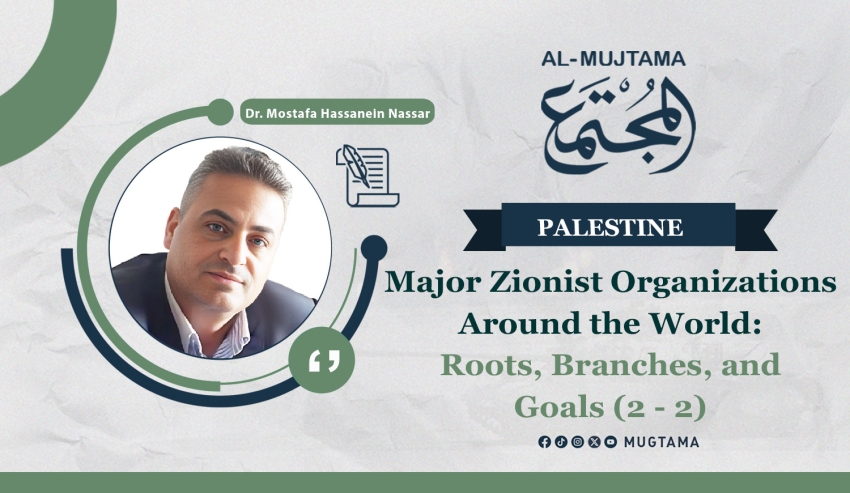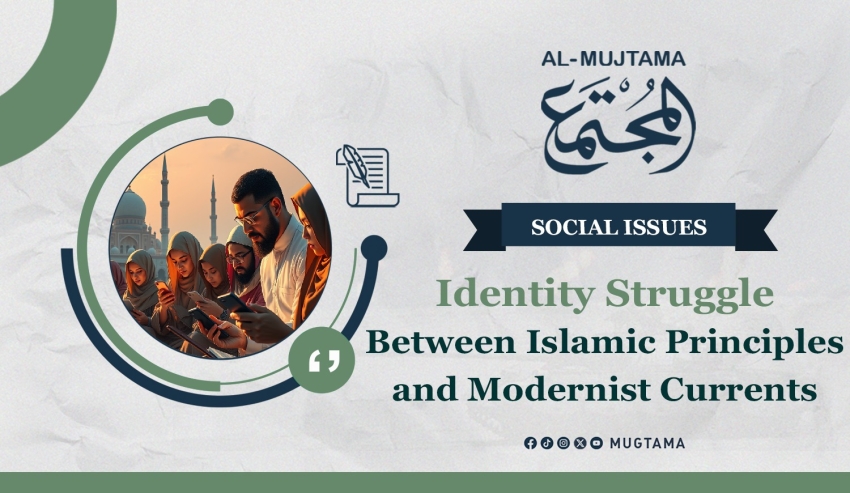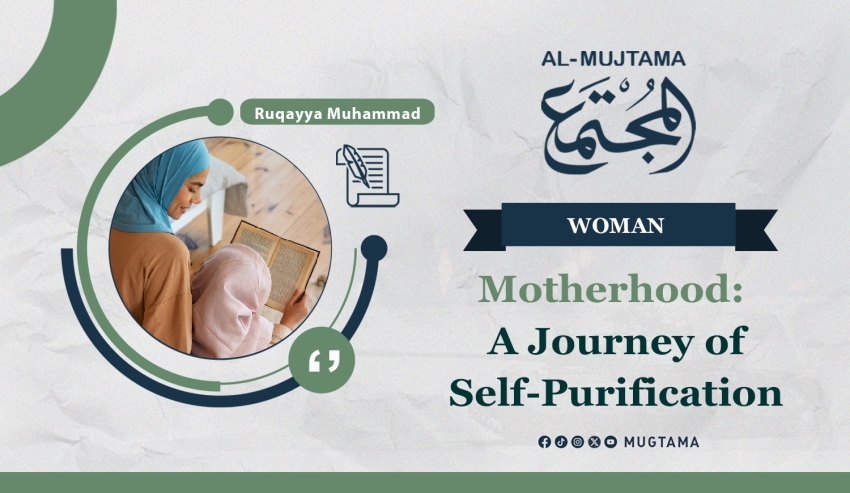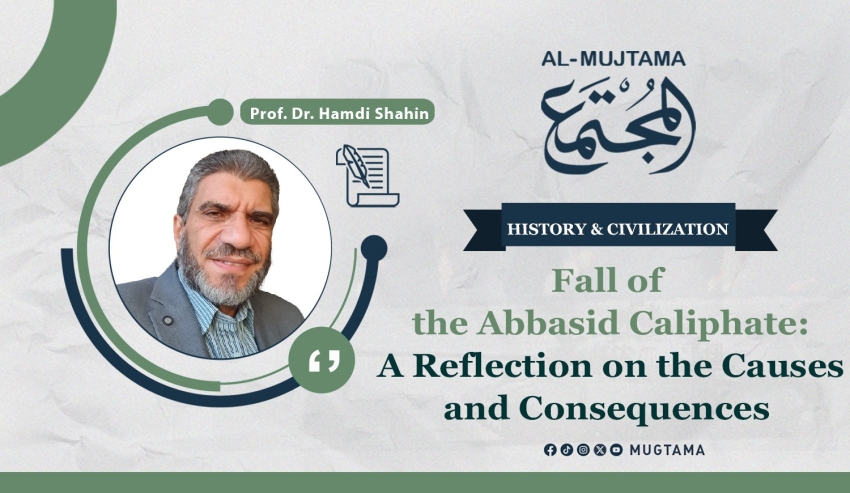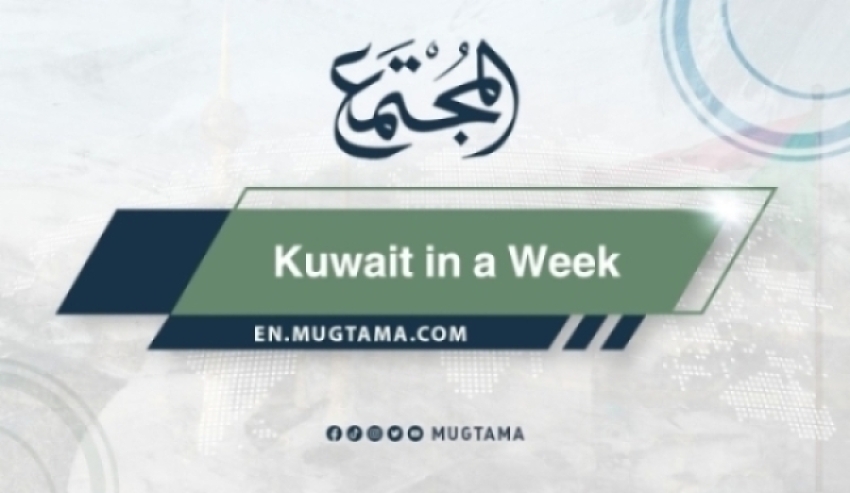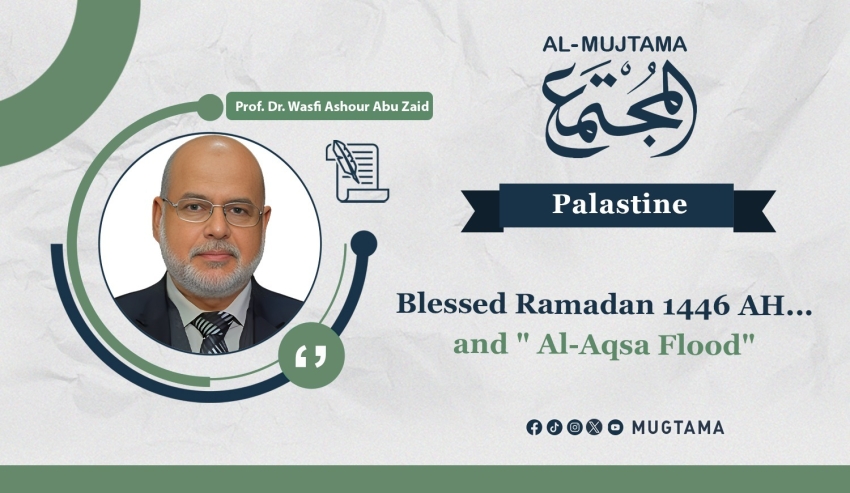Supplication’s Role in Achieving Empowerment and Islamic Civilizational Witness
The Messenger of Allah ﷺ was known for his frequent du’aa, pleading, and seeking Allah’s help, especially during his battles. When the distress became intense for the Muslims, even more than ever before, until hearts reached the throats, and they were shaken severely, the Muslims turned to and asked God’s messenger whether there was anything they could repeat, for their hearts were in their mouths. He replied that there was; they should say, “O God, cover our danger points and give security from fears.” (Ahmad 3/3, Al-Bazzar 3119, Majma' Al-Zawa'id 10/136)
In the two authentic books, Abdullah ibn Abu Aufa said that God’s messenger invoked a curse on the polytheists at the battle of the Confederates, saying, “O God, who hast sent down the Book and art quick to take reckoning; O God, rout the Confederates, rout them and convulse them.” (Al-Bukhari 2933, Muslim 1742/20-21).
Allah, the Almighty, answered the supplication of His Prophet ﷺ, and signs of relief appeared. Allah repelled them by His power, shook their bodies and hearts, dispersed them through discord, sent upon them a bitter, cold wind, instilled terror into their hearts, and dispatched soldiers from His unseen forces.
Allah says, “O you who have believed, remember the favor of Allah upon you when armies came to [attack] you and We sent upon them a wind and armies [of angels] you did not see. And ever is Allah, of what you do, Seeing.” (Al-Ahzab: 9)
Al-Qurtubi said: “This wind was a miracle for the Prophet ﷺ because he and the Muslims were near it, separated only by the width of the trench, yet they were safe from it and unaware of it. Allah sent the angels who uprooted the stakes, cut the tent ropes, extinguished the fires, overturned the cooking pots, and caused the horses to run amok among themselves. Allah sent terror upon them, and the angels' takbir echoed throughout the camp until each tent leader said, 'O tribe of so-and-so, come to me.' When they gathered, he would say, 'Escape! Escape!' because of the terror Allah had cast upon them.” (Al-Qurtubi, 1965, Vol. 14, p. 144)
The Messenger ﷺ was keen to affirm to his companions, and subsequently to all Muslims, that the confederates, who numbered over ten thousand fighters, were not defeated by Muslim combat despite their sacrifices, nor by the brilliance of their confrontation strategies. They were defeated solely by Allah’s will: “O you who have believed, remember the favor of Allah upon you when armies came to [attack] you and We sent upon them a wind and armies [of angels] you did not see. And ever is Allah, of what you do, Seeing.” (Al-Ahzab: 9)
Abu Hurairah narrated that the Messenger of Allah ﷺ used to say: “There is no god but Allah, the One Who conferred upon His armies the honour of victory and helped His servant rout the clans; there is nothing after that.” (Al-Bukhari 4114, Muslim 2724)
The supplication of the Messenger of Allah ﷺ and his reliance solely upon Allah do not contradict the pursuit of material means for victory. In this battle, the Prophet ﷺ adhered to the divine principle of adopting worldly causes. He exerted great effort in dividing the confederates, breaking the siege, and other measures mentioned earlier. (3)
The Messenger of Allah ﷺ teaches us the Sunnah of taking worldly means and the necessity of seeking refuge in Allah and sincerely dedicating worship to Him. All forms of power become futile if there is no recourse to Allah through supplication and abundant turning to Him in prayer and plea. Supplication and seeking Allah’s help were consistent practices of the Prophet ﷺ throughout his entire life. (4)
-------------------------------------------------------------
- Al-Sallabi, Ali Muhammad. (2021). Al-Sira al Nabawiyya, Vol. 2, 11th edition, Dar Ibn Kathir, 2021, pp. 209-213.
- Al-Qurtubi, Abu Abdullah Muhammad ibn Ahmad Al-Ansari. (1965). Tafsir Al-Qurtubi, Dar Ihya Al-Turath Al-Arabi, Beirut, Lebanon, 1965.
- Al-Ghadban, Munir. Fiqh al-Seerah al-Nabawiyyah, The Center of Islamic Heritage Revival, Makkah Al-Mukarramah.
- Al-Bouti, Muhammad Said Ramadan. (1991). Fiqh al-Sirah, 11th edition, 1991, Dar Al-Fikr, Damascus, Syria.
Leave a comment
Make sure you enter all the required information, indicated by an asterisk (*). HTML code is not allowed.









